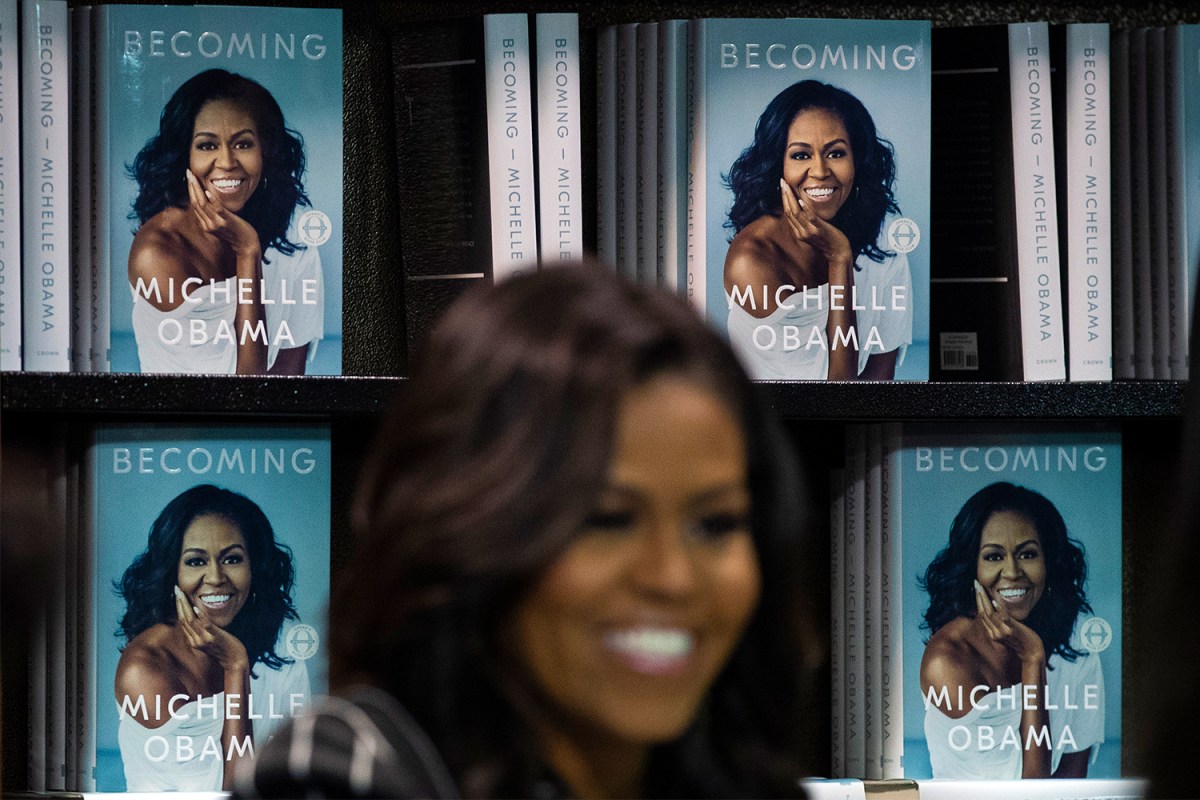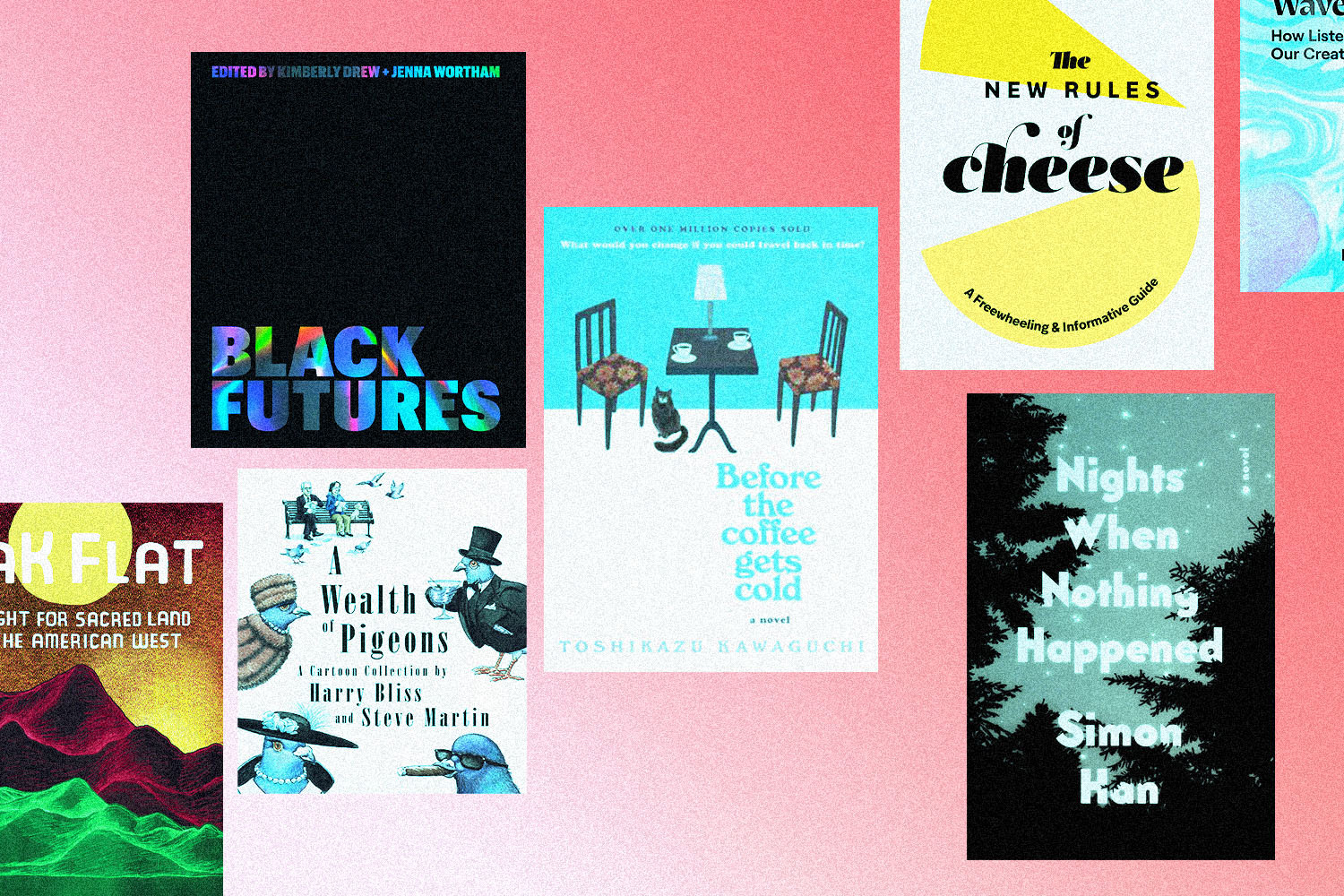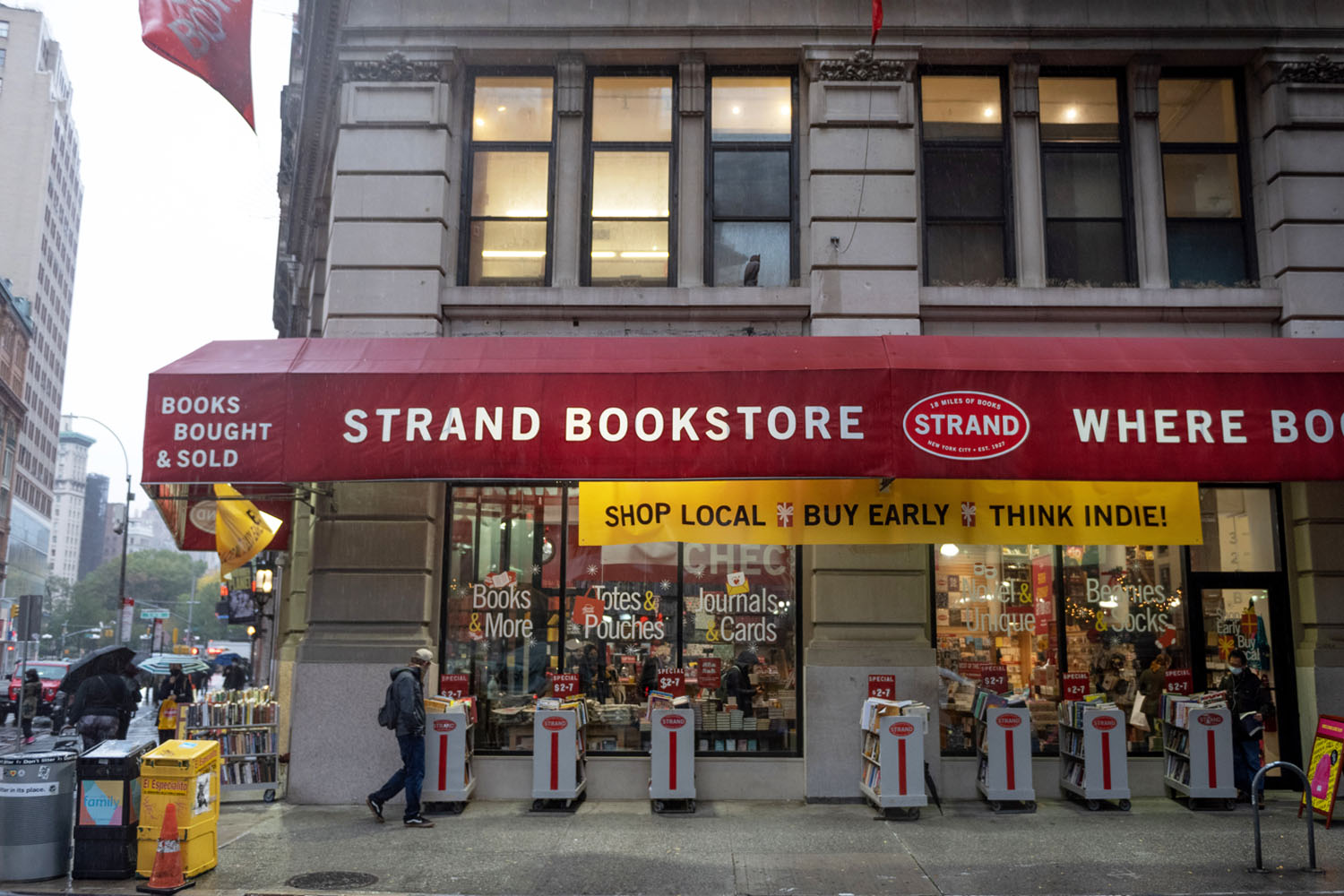What do we talk about when we talk about Becoming?
When it comes to Michelle Obama’s smash memoir, we talk about how it sold more than two million copies in the first two weeks, and how since that 2018 debut it has sold about 14 million books in total. We talk about how it’s one of the best-selling books of the decade, so wildly popular that even after two years, Crown — the book’s publisher, an imprint of Penguin Random House — has not released a cheaper paperback edition.
Many factors contribute to a blockbuster book like that, most which we can lay at the feet of Mrs. Obama herself. But what we don’t talk about is the complex, fine-tuned apparatus that helped propel Becoming from a critically acclaimed, sure-fire hit into a bonafide cultural phenomenon. We don’t talk about Molly Stern.
You see, Molly Stern is the editor of Becoming and was senior vice president and publisher at Crown when the book debuted. While the release of a book that was potentially part of a $65 million deal involves many executors, Stern was a leading force, and that release was lightyears beyond your typical tour of Barnes & Nobles. It included an international arena tour at stadiums like the Barclays Center, featuring talks moderated by superstars in their own right, from Oprah Winfrey to Sarah Jessica Parker to Stephen Colbert, a multi-platform deal with Hearst Magazines, and eventually a Netflix documentary. That is how you sell 14 million books.
Now, Stern wants to replicate that non-traditional model for every book she publishes — not at Penguin Random House, but at Zando, her new independent publishing company. When a power player this big strikes out on her own, with a brand-new model for how the industry should function, what does that mean for book publishing? And how could that change the future of literature for readers like you?
The Consolidators and the Upstarts
Molly Stern left Crown after the imprint merged with Random House, two divisions underneath the Penguin Random House umbrella. The larger publishing company itself became PRH after Penguin Group and Random House merged in 2013, making it the largest book publisher in the U.S. Then, just a couple weeks ago, it was announced the behemoth would merge once again, this time with Simon and Schuster — condensing the Big Five publishers into the Big Four. In other words, the story of book publishing in the last decade has been combine to survive.
That tactic has its advantages — like being able to nab moneymakers like memoirs from both Obamas — but those legacy publishers aren’t exactly known for innovation, either. And while the political book boom of the Trump era has been a boon to the Big Five, reader habits are changing. Readers care about where they buy their books now (whether it’s for bargain basement prices on Amazon, or from Bookshop, the anti-Amazon); they listen to more audiobooks than ever (Stern advised Spotify on that front between Crown and Zando); and they buy based on what celebrities and other influential people recommend (at Crown, Stern helped Sarah Jessica Parker start her own imprint).
It’s our aim to harness and scale the most persuasive magic of all: authentic enthusiasm.
Molly Stern, Founder and CEO of Zando
At Zando, Stern hopes to fold all of those lessons and others she’s learned over her fruitful career into what she calls “a nimble new publishing company for the modern era, one that … embraces collaboration and makes the most of all the novel ways readers come to great work.” The subtext there is that companies like Penguin Random House, HarperCollins and Hachette are lumbering old-timers who don’t have the capacity to disrupt the industry in the ways Zando can.
The Rise of the Celebrity Curator
Who are the literary tastemakers of 2020? Many would point to stars like Reese Witherspoon, Jenna Bush Hager and (still) Oprah Winfrey, whose book clubs have pushed titles onto best-seller lists, as well as celebrities who have directly partnered with publishers on their own imprints, like Sarah Jessica Parker, Stormzy and the late Anthony Bourdain (yes, he had his own book outpost). Whether celebrities gaining a larger influence over the literary conversation is exciting or abhorrent to you, it’s happening — and Zando goes so far to include the trend in its mission statement.
“We work with a select group of beloved public figures, platforms and institutions, publishing a carefully chosen slate of books that reflect those partners’ authentic passions and interests,” the company states on its website. “The goal: Sparking meaningful cultural conversations, reaching a devoted new audience of readers … and upending the bestseller list.”
As Publishers Weekly makes clear, Zando will both publish its own list of books as well as work with celebrities and brands to start their own imprints. For example, the company is opening itself to the possibility of partnering with someone like LeBron James to endorse a book, or go one step further and start, say, LeBron James Books, where he chooses which books get published under his name. While they haven’t announced any partners yet, the company says the first projects will be detailed soon and the first books are expected to see a release in the fall of 2021.
We do, however, know the financial and institutional backers behind Zando, and they reflect huge confidence in Stern’s leadership and vision. As The New York Times details, the company received investment from Sister, the content creation firm founded by Elisabeth Murdoch, daughter of Rupert Murdoch. Elisabeth will sit on Zando’s board of directors, as will David Benioff — yes, the co-creator of HBO’s Game of Thrones.
They’ve got the money, they’ve got the experience and they’ve allegedly got the star power. Whether this model can compete with the big publishers — or more importantly, produce books actually worth reading — remains to be seen.
This article was featured in the InsideHook newsletter. Sign up now.

















